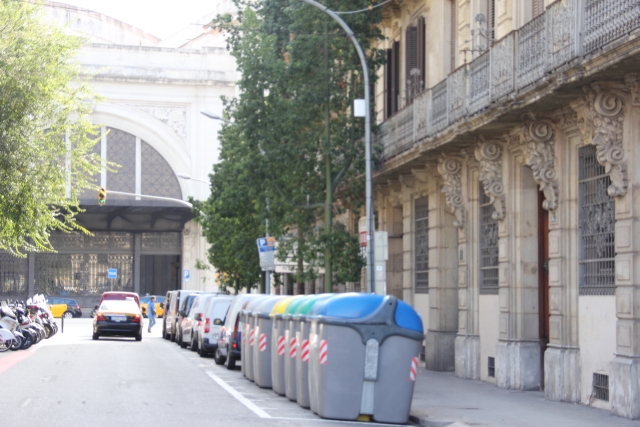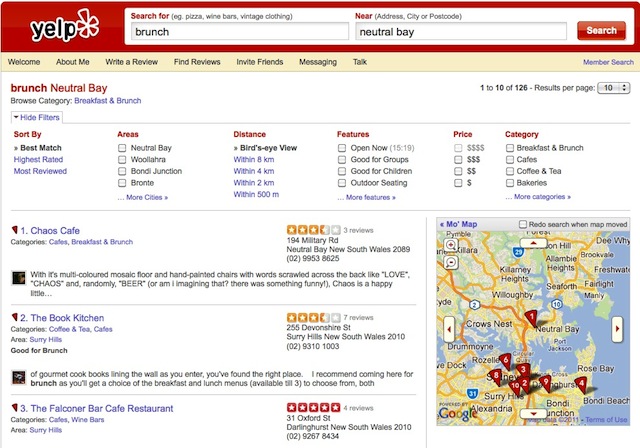Last year Alicia Asin of Spanish sensor vendor Libelium spoke to this site about her vision of the internet of things improving transparency in society and government.
A good example of this democratisation of data was at the New South Wales Pearcey Awards last week where the state’s winners of the Young ICT Explorers competition were profiled.
Coming in equal first were a group of students from Neutral Bay’s state primary school with their Bin I.T project that monitors garbage levels in rubbish bins.
The kids built their project on an Arduino microcontroller that connects to a Google spreadsheet which displays the status of the bin in the school’s classrooms. For $80 they’ve created a small version of what the City of Barcelona is spending millions of Euro on.
With the accessibility of cheap sensors and cloud computing its possible for students, community groups and activists to take the monitoring of their environment into their own hands; no longer do people have to rely on government agencies or private companies to release information when they can collect it themselves.
Probably the best example of activists taking action themselves is the Safecast project which was born out of community suspicion of official radiation data following the Fukushima.
We can expect to see more communities following the Safecast model as concerns about the effects of mining, industrial and fracking operations on neighbourhoods grow.
The Bin I.T project and the kids of Neutral Bay Public School could be showing us where communities will be taking data into their own hands in the near future.

